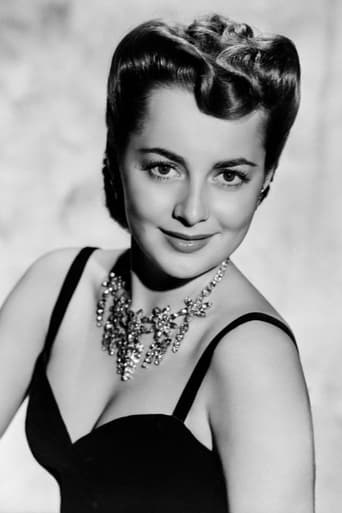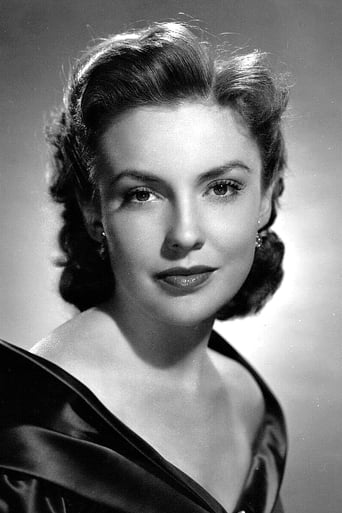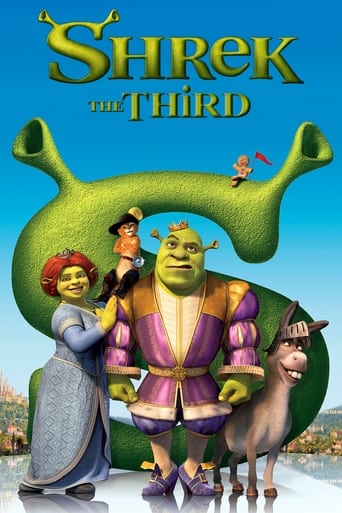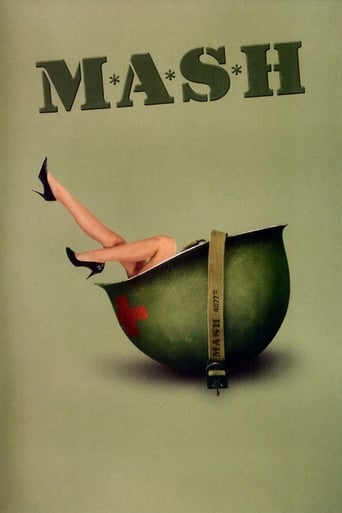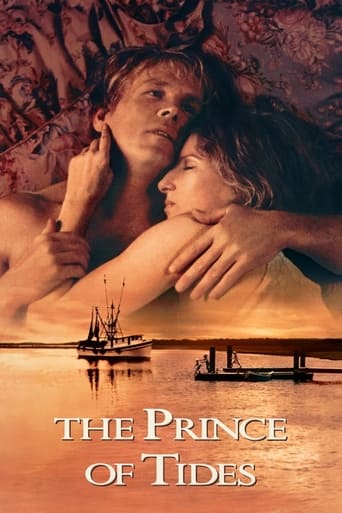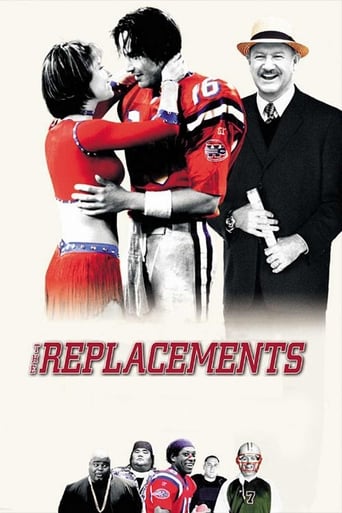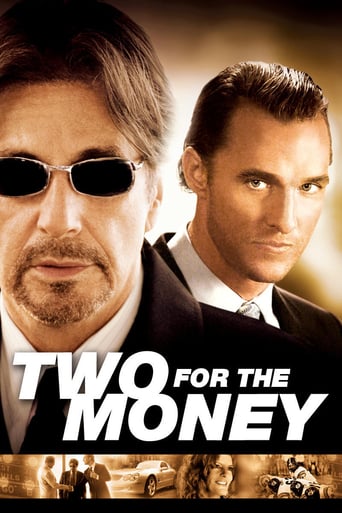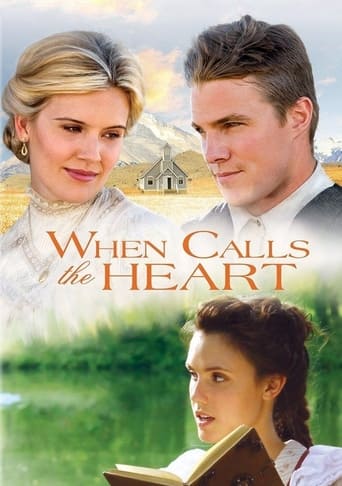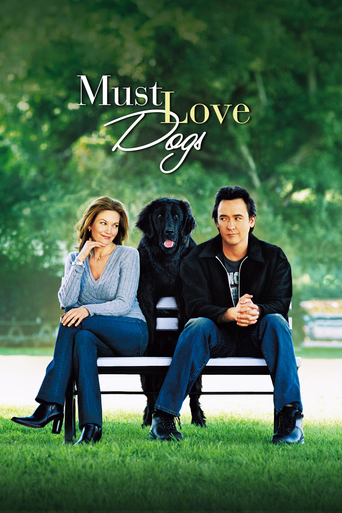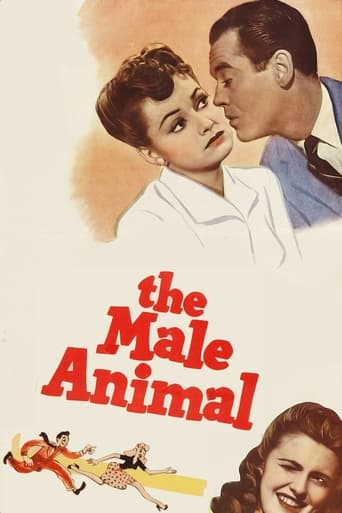
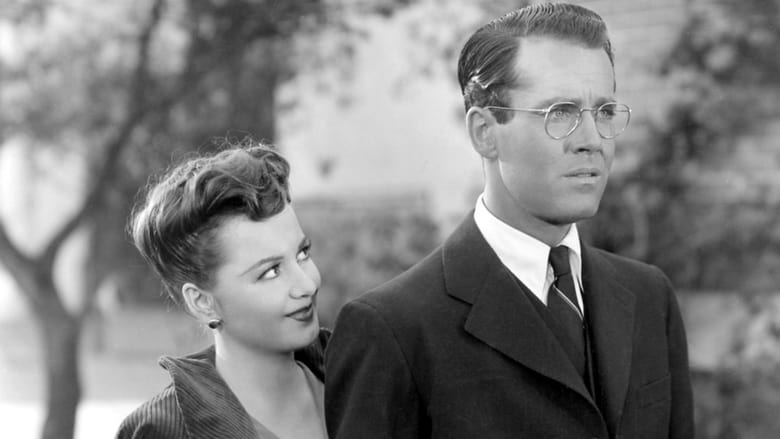
The Male Animal (1942)
The trustees of Midwestern University have forced three teachers out of their jobs for being suspected communists. Trustee Ed Keller has also threatened mild mannered English Professor Tommy Turner, because he plans to read a controversial piece of prose in class. Tommy is upset that his wife Ellen also suggested he not read the passage. Meanwhile, Ellen's old boyfriend, the football player Joe Ferguson, comes to visit for the homecoming weekend. He takes Ellen out dancing after the football rally, causing Tommy to worry that he will lose her to Joe.
Watch Trailer
Cast
Similar titles
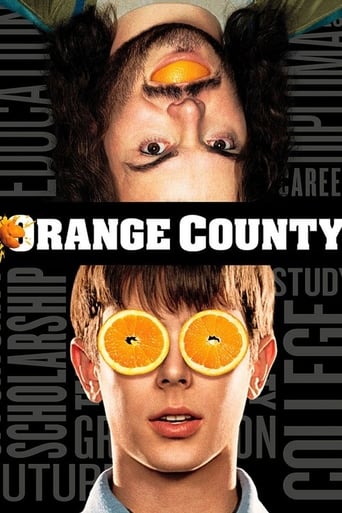
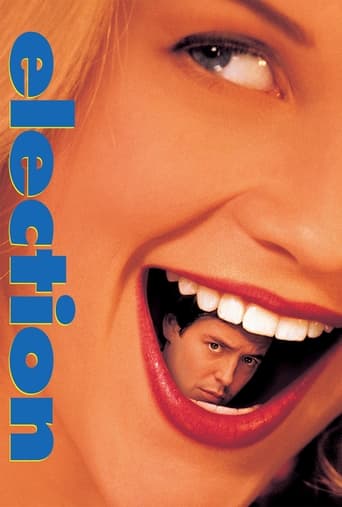
Reviews
Very very predictable, including the post credit scene !!!
Too much of everything
It's an amazing and heartbreaking story.
Blistering performances.
"The Male Animal" is an enjoyable film about a Midwest college town and the faculty and alumni. It's a comedy-romance that's built around a theme of freedom of speech. Henry Fonda plays Professor Tommy Turner who creates a brouhaha by selecting a letter by Bartolomeo Vanzetti to read in his English class. Vanzetti was one of two convicted criminal anarchists who was executed in 1927 for the murder of a guard during a robbery. The case would have been remembered yet by people in the 1940s, but by few today. I had to look it up to see if it was fiction or real. I read a great deal more about it, because it was very interesting. Vanzetti and Nicola Sacco were associated with a gang that planted bombs and disrupted industry in the U.S. in the 1910s. But, because they were Italian immigrants, there was a lot of sentiment that they were unjustly tried. It became such an international incident that large throngs of people held protest riots around the globe. Huge damage was done in Paris, London and other cities. So, in these years well after that time, James Thurber and Elliott Nugent included a letter written by Vanzetti while in prison, that protested his innocence, as part of a play they wrote, "The Male Animal." It became a major Broadway hit in 1939, and that led to Warner Brothers getting the movie rights. Anyone watching this movie without the background knowledge would rightly think Tommy's choice was lame of this letter to read as an example in his English course. But, because of the civil unrest associated with the Vanzetti case, Thurber and Elliott might have thought that would register in the minds of the audience as a reason for the subsequent student protest in the play and movie. Well, that was just the premise that the rest of the story is built around. The freedom of speech aspect itself was pretty lame. I suspect that the comedy went over much more on stage than it does in this film. The script is not overly witty or funny. A few of the situations are funny, but the humor is provided most often by other characters in the film. Olivia de Havilland is quite good as the doting wife of the professor, Helen Turner, who's bent on his moving up in the college leadership. And, this is another film when Jack Carson shines in his supporting role, here as Joe Ferguson. As the former star of the Midwestern University's football team, Carson is very funny. To the writer's credit, he isn't made out to be an oaf. He's an alum and dedicated sports fan around whom the college benefactors can be expected to rally to continue their support for the school. The film becomes consumed with Tommy's fear that Helen may still love Joe.Other supporting members of the cast do credible jobs in their roles. But, overall this film is just so-so. And that may be more because of Hank Fonda than anyone else. Fonda was a very good actor, who didn't do comedy very well. He couldn't hold a candle in comedy to Clark Gable, Cary Grant, Jimmy Stewart, Fred MacMuray, William Powell or half a dozen other top actors. Fond had few comedies to his credit, but for every one that was a success, there were two that weren't. And, the successes were due more to his co-stars than to Fonda. He was best in dramatic roles. He made some nice mysteries as well, and also did very well in Westerns. But comedy was not his forte. "The Male Animal" is a film that many would enjoy on a weekend afternoon. But it's not a movie to add to a film library.
Henry Fonda is a college professor in danger of losing his job and his wife in "The Male Animal," also starring Olivia de Havilland, Jack Carson, and Joan Leslie. Fonda plays a happily married intellectual. On the weekend of college homecoming, his wife's former beau (Jack Carson), a jock, shows up, giving rise to the professor's insecurities. He's having problems in his teaching life as well when an editorial states that he plans to read a letter from Bartolomeo Vanzetti (of Sacco and Vanzetti) in his English composition class. The trustees aren't happy and want him to state that the article is incorrect. As he is up for a full professorship, his wife hopes he will back down also since three teachers have been fired for being "reds." This is an odd film with a very timely message about censorship and its dangers that by itself would have made a good movie, especially with wonderful actors like Fonda and de Havilland. However, the home situation was played for comedy. This film didn't seem to know which it was. If I were to guess, I would say the studio wanted a comedy and the dramatic part was downplayed. It's a shame, because there was nothing special about that part of the film, except that Jack Carson was very good.The Henry Fonda character discovers that he has to become "the male animal," i.e., one who fiercely protects his home, and not only his home, but his role as a teacher as well. Today, when "Brokeback Mountain" isn't being shown in all areas, and more censorship is being urged, this is a good movie to see if only to remind us that the this is a war that has been fought for years. Nowadays I wonder if we're winning.
The lyrics of Jerome Kern's "Who" resonate throughout this movie as the lead characters battle one another, both rhetorically and physically, for answers to the big question "Who?" Who does Ellen Turner (Olivia de Havilland) really love? Who does Ed Keller (Eugene Palette) like? Who invited Joe Ferguson (Jack Carson), erstwhile beau to Ellen and football hero/legend at Midwestern U.? Who will save Ellen and Tommy from themselves? Who can save Michael Barnes (Herbert Anderson) from "Hot Garters" Gardner (Jean Ames)? Who is Wally Myers (Don DeFoe), the current football hero, really courting? Joe or Patricia (Joan Leslie)? And who is Bartolomeo Vanzetti? and what does he have in common with people like these? Tune in to the song: i.e. "Who stole my heart away?/Who makes me dream all day,/Dreams I know will never come true,/Seems like I'll always be blue./Who makes my happiness?/Who would I answer yes to?/Well, you oughta guess, Who? No one but you." Don't guess.See the movie. You not only gotta see the movie, but you gotta hear it, too.
Debate over whether a professor should be allowed to read a controversial letter to his class forms the subject for this spirited football vs. academics comedy originally a stage play by Elliot Nugent and James Thurber. The screen version moves briskly but it's all played at a "full steam ahead" kind of tempo popular at Warner Bros. Henry Fonda is excellent as the mild-mannered professor resentful of his wife's ex-boyfriend (a football jock) and Olivia de Havilland is radiant as his supportive wife. Jack Carson is ideally cast as the ex-football player still in love with Fonda's wife and his bombastic approach to comedy serves him well in this role. Joan Leslie is a little too coy as de Havilland's sister (a role played on the stage by Gene Tierney). It passes the time but is little more than a mildly entertaining comedy with too many dull stretches to make it truly satisfying. Fonda and de Havilland later played husband and wife again on Broadway in 'A Gift of Time' (1962). Elliot Nugent's direction is brisk but it still seems rather stagebound. Nugent himself played the role of the professor on Broadway.

